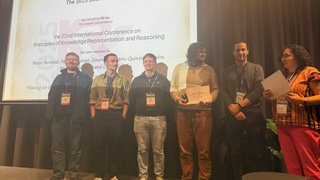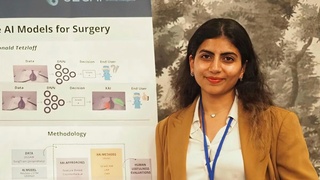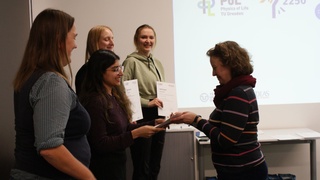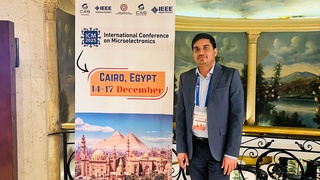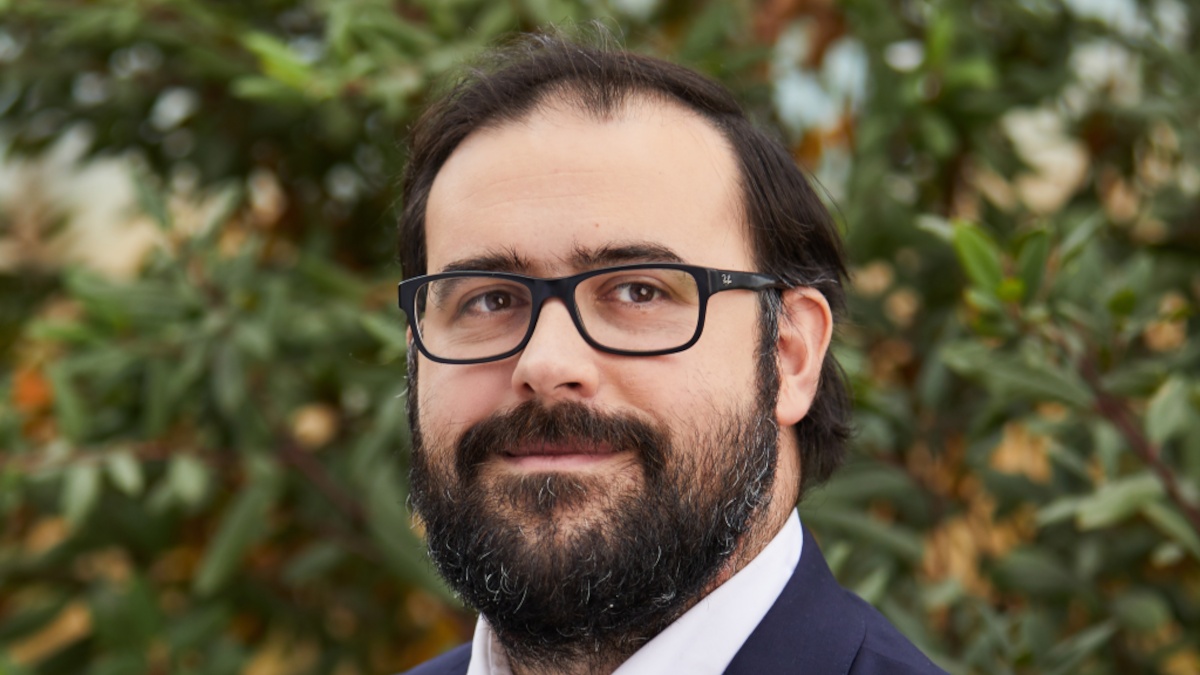
May 2, 2024
SECAI Welcomes new Fellow Roberto Calandra
Originally from Italy, Prof Roberto Calandra works in the fields of machine learning and robotics and holds the newly established „Chair of Explainable Artificial Intelligence“ at TU Dresden. With the introduction of Prof Roberto Calandra as an Academic Fellow in SECAI, the School welcomes its newest member, who not only excels in research but also contributes to SECAI through close ties to global industry and research partners such as Meta AI (Facebook AI) and the Robotic Lab in Menlo Park (now part of Embodied AI), which he founded.
His research aims to improve collaboration between humans and machines in real, virtual and remote environments. In particular, the professorship's research is intended to contribute to analysing learned models using machine learning methods such as deep learning, making statements and decisions made on the basis of these models explainable and developing new methods of explainability in machine learning.
In collaboration with Meta-Research Innovation Center at Stanford (METRICS), TU Dresden and the National Center for Tumour Diseases (NCT/UCC), he recently published a research paper that presents the use of touch sensors in the early detection of prostate cancer. The paper presents a novel approach for the miniaturisation of image processing-based tactile sensors using fibre bundles as optical lines, which at 15 mm in diameter are smaller than an average human fingertip. The design has been developed to match the geometry of the human fingertip. The electronics and camera are located at a remote location, which further reduces the size of the housing.
Calandra sees great potential in this work: "We are creating highly sensitive robotic hands that can precisely feel, measure and evaluate tissue in environments that large human fingers cannot reach. The objective analyses of the data enables precise diagnostics."
[cited from TU Dresden press release; The Faculty of Computer Science welcomes Prof. Roberto Calandra as Chair of Explainable Artificial Intelligence and New high-resolution tactile sensor can be used to detect prostate cancer]
